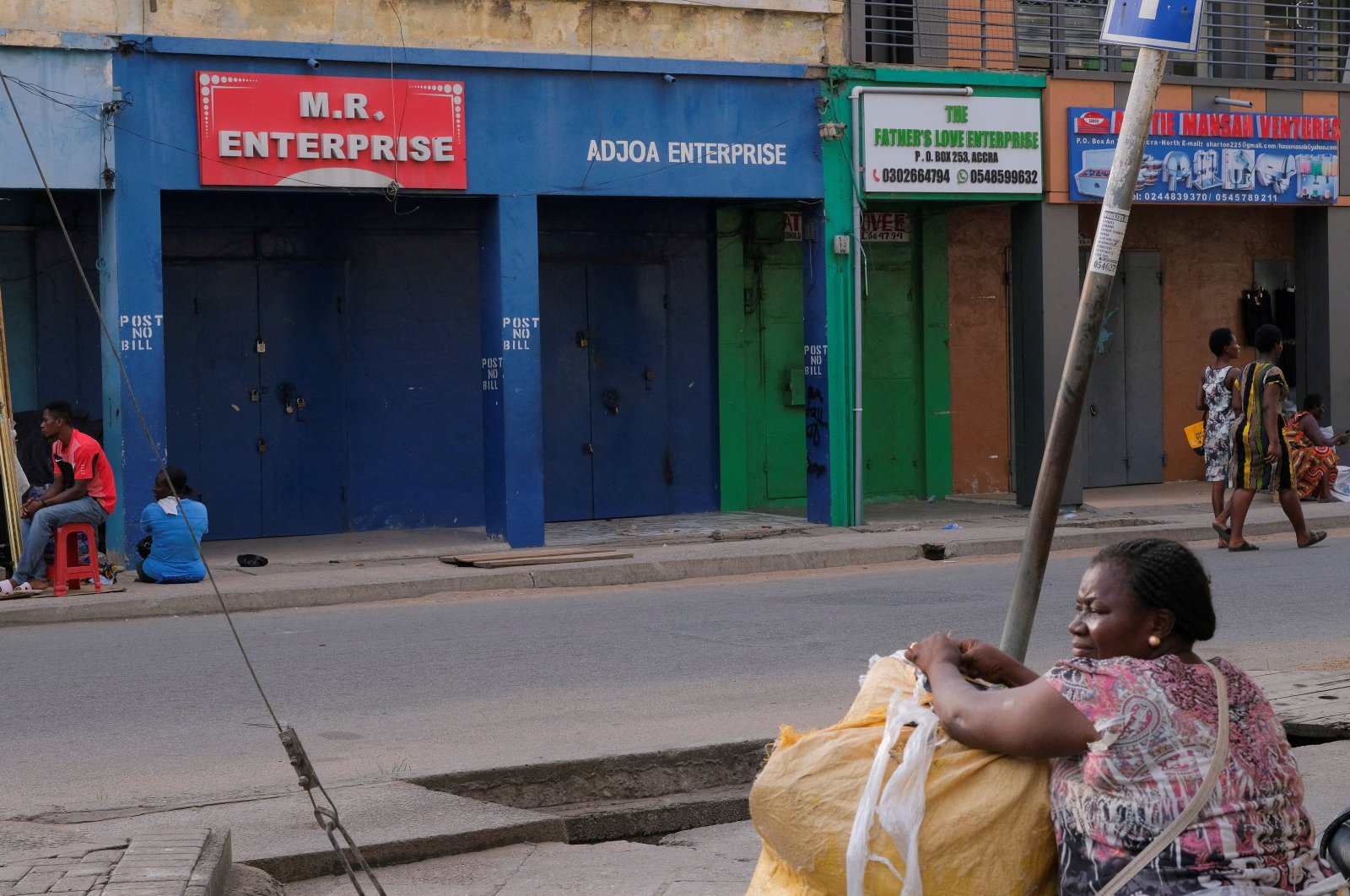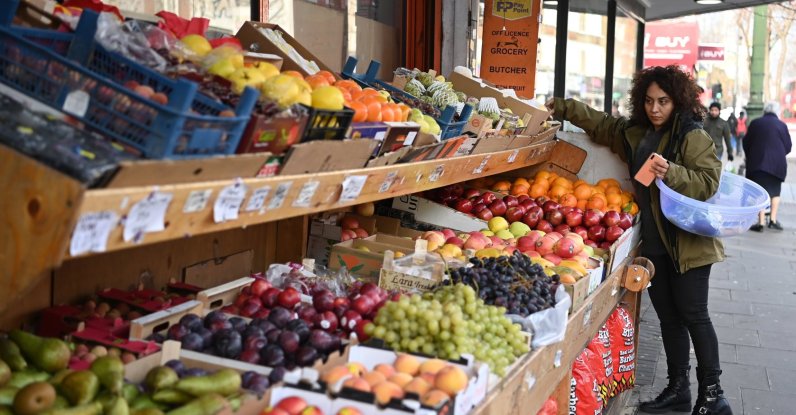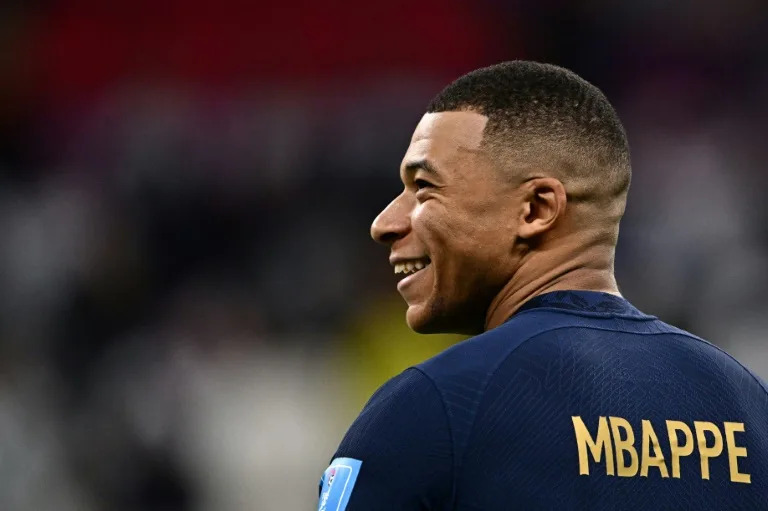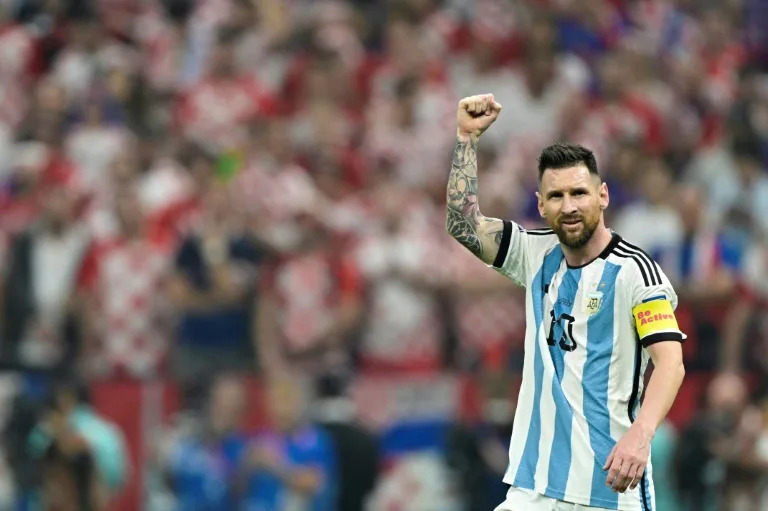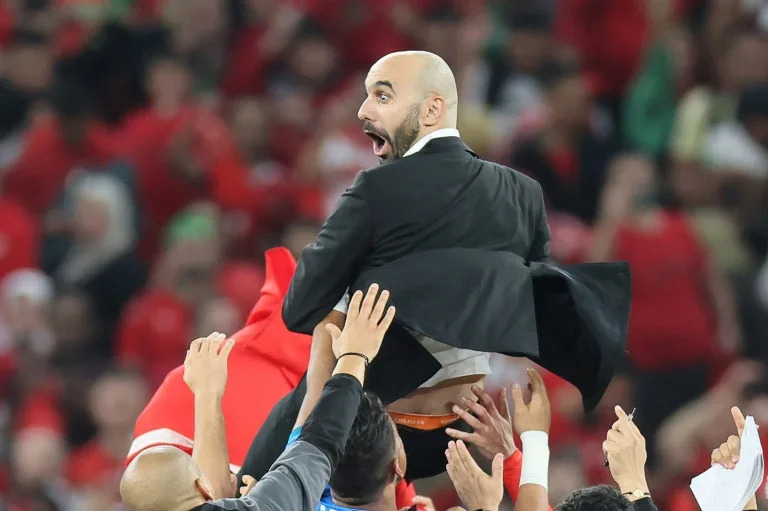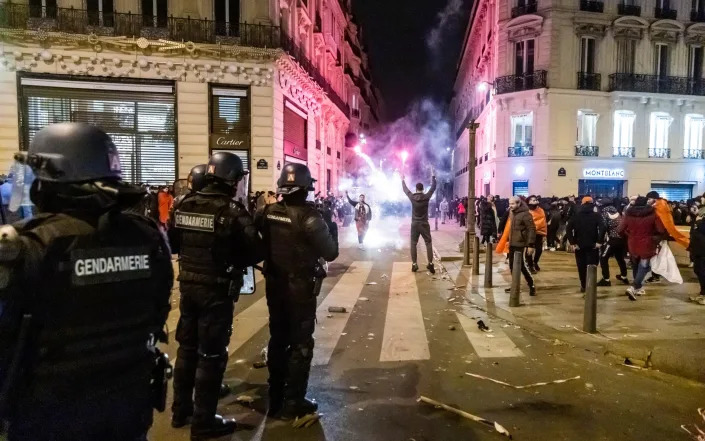Palestinians say World Cup proves their cause not 'buried'
Issued on: 14/12/2022 -

A member of Morocco's team holds a Palestinian flag after the team won the penalty shoot-out to win the Qatar 2022 World Cup round of 16 football match against Spain on December 6, 2022 © KARIM JAAFAR / AFP/File
Ramallah (Palestinian Territories) (AFP) – Morocco's support for the Palestinians during the Atlas Lions' historic World Cup run shows the cause has not been "buried", says Palestinian Football Association chief Jibril Rajoub.
Like several other Arab nations, Morocco has agreed full diplomatic ties with Israel -- but this has not stopped its players from making clear their loyalties regarding the decades-old conflict.
They unfurled a Palestinian flag on the pitch after their stunning December 6 upset victory against Spain, and also after beating Canada during the group stage.
Moroccan players have also made pro-Palestinian social media posts during the tournament.
Palestinians in the Israeli-occupied West Bank, Gaza and annexed east Jerusalem have -- like much of the Middle East -- embraced Morocco, the first Arab nation to reach a World Cup semi-finals.
Ramallah sporting goods store owner Saeed al-Ramahi said enthusiasm for the Moroccan team seemed unquenchable, with all of their jerseys sold out.
"If I had 300,000 shirts, I would have sold them all in the last two days," he told AFP.

Jibril Rajoub, who is president of the Palestinian Olympic Committee, with Thomas Bach, president of the International Olympic Committee, meeting young football players in the West Bank city of Al-Ram on September 19, 2022 © ABBAS MOMANI / AFP/File
That is despite Morocco joining the United Arab Emirates and Bahrain in establishing full diplomatic ties with Israel in 2020 under deals brokered by then US president Donald Trump.
Rajoub, the Palestinian top football official, said this proves the enduring support for the Palestinian cause, regardless of any decisions made by Arab leaders.
"The World Cup reveals the lie that the Palestinian cause has been buried by the recent normalisation agreements" said Rajoub, who is also the secretary general of Palestinian president Mahmud Abbas's Fatah movement.
Palestinians condemned those normalisation deals as "a stab in the back," and a betrayal of the decades-old Arab League position against recognising Israel until it agrees to the establishment of a Palestinian state with its capital in east Jerusalem.
'Slap in the face'
Arab states did however secure diplomatic gains through the agreements.

A Palestinian boy plays football on the street next to Israeli security forces on patrol in the city center of Hebron in the occupied West Bank, on November 18, 2022
© HAZEM BADER / AFP/File
In Morocco's case, that included the Trump administration recognising Rabat's sovereignty over the disputed territory of Western Sahara, in defiance of the international community's long-standing call for a referendum to decide its status.
Rajoub described the World Cup, including the Moroccan gestures and the widespread expressions of Palestinian solidarity across Qatar, as "a slap in the face to the idea of normalisation".
The leading Palestinian public polling group, in a study released Tuesday, argued that "the World Cup in Qatar helps restore Palestinian public trust in the Arab world after years of disappointment".
"The vast majority of the Palestinians say they have now regained much, or some, of the lost confidence in the Arab peoples in light of the solidarity with Palestine expressed by the fans during the football games," said the Palestinian Center for Policy and Survey Research.

A fan wears a Palestinian flag during the Qatar 2022 World Cup Group D football match between France and Denmark at Stadium 974 in Doha, on November 26, 2022
© MAHMUD HAMS / AFP/File
Rajoub called Palestinians the "33rd team" to qualify for the tournament in Qatar.
'Bitter truth'
Hazem Qassem, a spokesman for Gaza's rulers, the Islamist armed group Hamas who are backed strongly by Qatar, said the World Cup has affirmed the importance of the Palestinian cause "on the international scene".
Israel is home to hundreds of thousands of Jews of Moroccan descent and some in the country have celebrated the side's stunning performance ahead of its semi-final match against France on Wednesday.
A pitch invader with a Palestinian flag seen during the Qatar 2022 World Cup Group D football match between Tunisia and France on November 30, 2022
© Adrian DENNIS / AFP/File
But leading Israeli media outlets have conceded that, despite forecasts about a changed Middle East following the normalisation deals, the World Cup has made clear where Arab sympathies lie.
"The Moroccan festivities at the World Cup have proven that the Arab world is far from normalisation with Israel", the Maariv newspaper said in a commentary on Sunday.
"As Israeli viewers, we will continue to watch until the final whistle, while witnessing the bitter truth that the Arab fans have put before our eyes," it said.
The left-wing Haaretz newspaper agreed, concluding that "the real winner of the World Cup on social media is Palestine".
© 2022 AFP






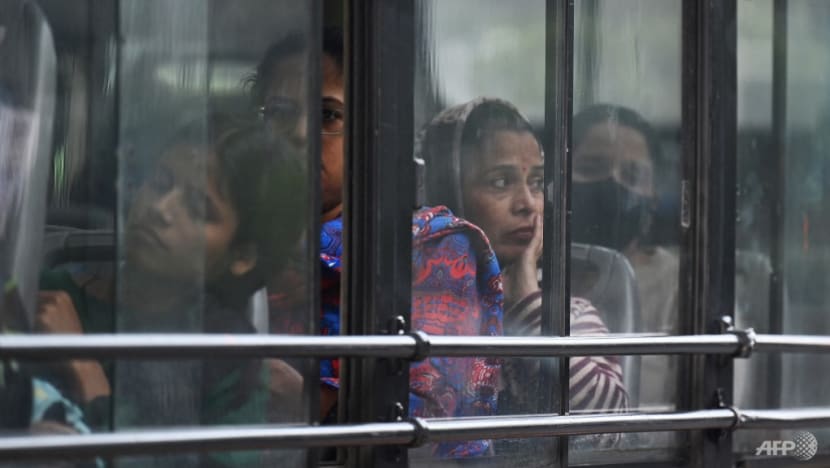
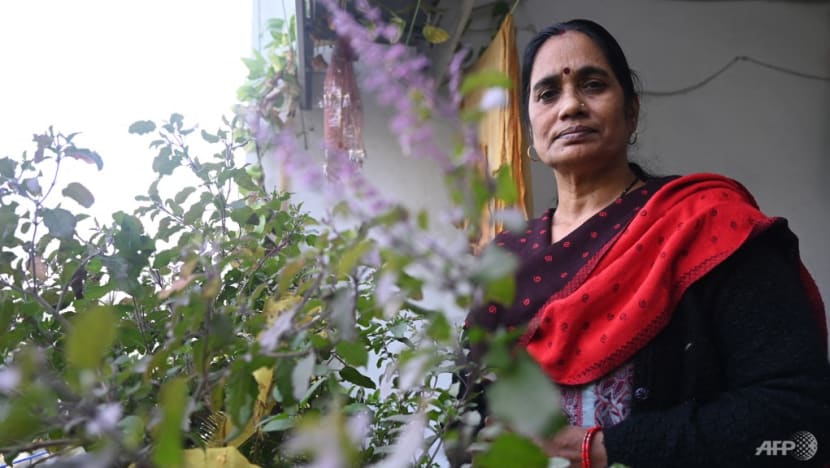 Asha Devi, the mother of 2012 Delhi gang rape victim Jyoti Singh, poses for a picture during an interview with AFP at her residence in New Delhi on Nov 30, 2022. (Photo: AFP/Money Sharma)
Asha Devi, the mother of 2012 Delhi gang rape victim Jyoti Singh, poses for a picture during an interview with AFP at her residence in New Delhi on Nov 30, 2022. (Photo: AFP/Money Sharma)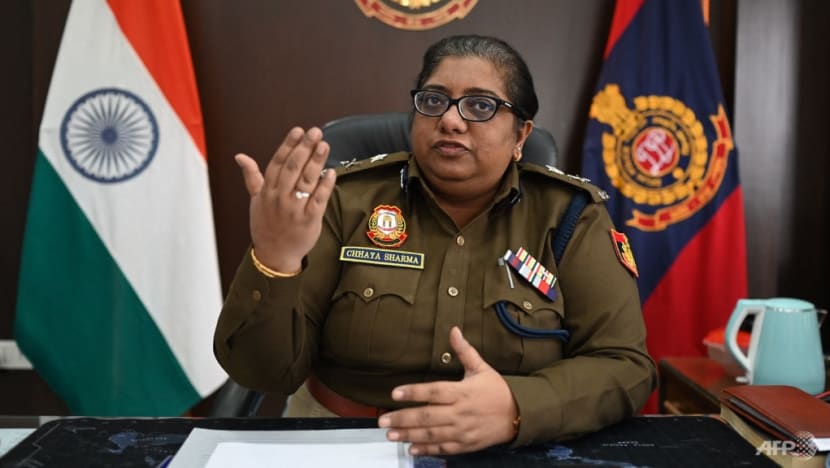
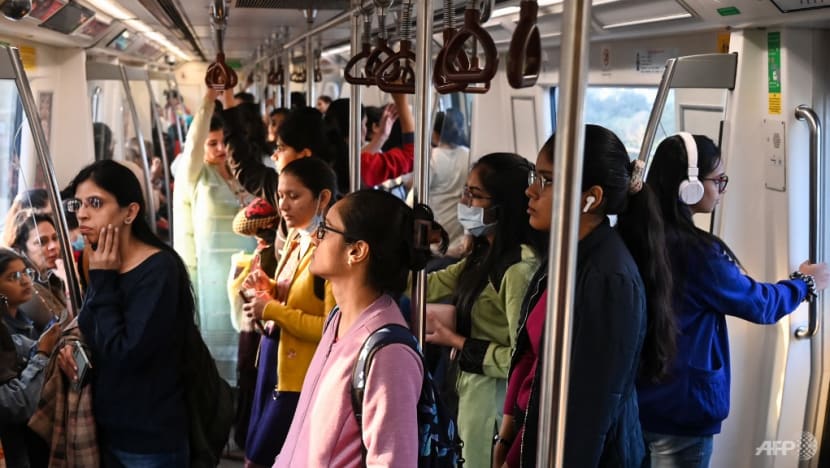
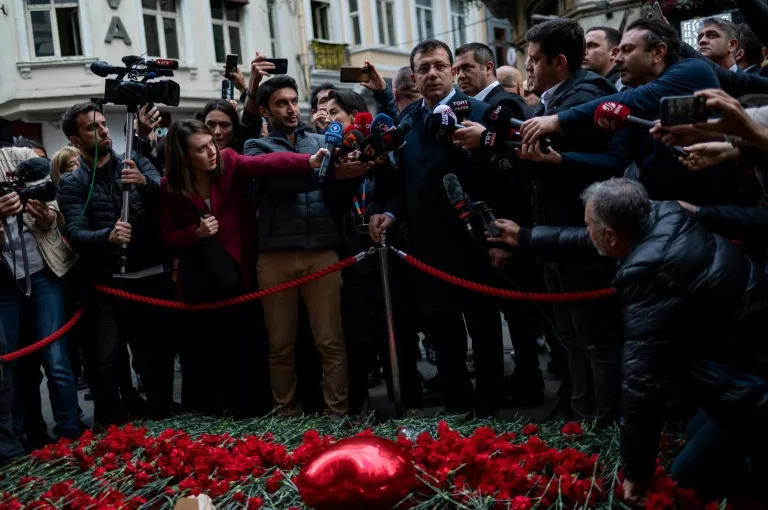




.png)

